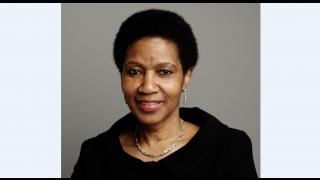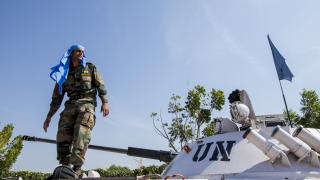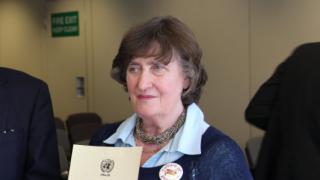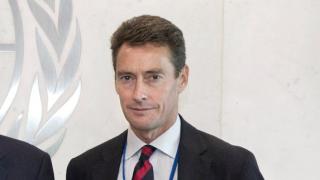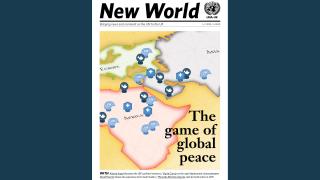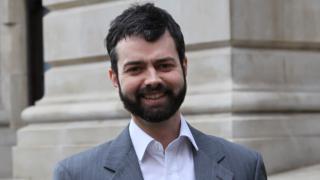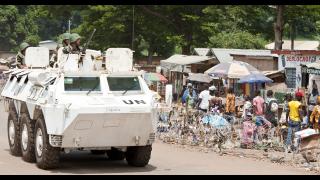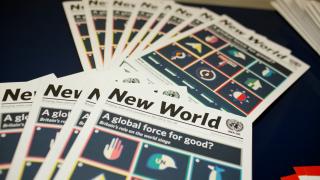In Dubai in March 2011, a speaker at a conference on humanitarian aid reported seeing a poster in Haiti after the earthquake reading, ‘The solution to this country’s problems is not on the screen of your laptop’.
Sadly, the solutions to the problems faced by aid workers are often not to be found in the places where we have tended to look for them. Here I return to some of the themes that have recurred all the way through this book and which have filled a lot of my spare thinking-time during a long career. All of them can be characterised in one way or another as ‘blind spots’, either because they are not recognised as problems, or because resolving them is not considered practical or a priority. But they all have a corrosive effect on the UN system and on the wider aid community.
Each one of these seven issues has caused me frustration and a feeling of helplessness, as if confronted by something inevitable. But, in fact there is nothing inevitable about any of them. They derive either from a short-sighted decision that became embedded as standard practice, or from a misguided sense that they offer an easier option. For each of them I have heard colleagues say, ‘Oh, we can’t do anything about that’, to which my reply is: if the campaigners against anti-personnel landmines had listened to the military officers who told them that the mines were an essential part of an army’s weaponry, those mines would still be in general use today. Fortunately, the campaigners didn’t listen to the pessimists or those with vested interests, and neither should we assume that ‘nothing can be done’ about these insidious problems.
- Brain drain – aid agencies poach the best personnel from the governments of developing countries.
- Short tours – international personnel involved in humanitarian and peacekeeping work spend too little time in each assignment to become effective.
- Election madness – most elections are destabilising, not peacebuilding.
- No substitute for political action – humanitarian aid can prolong conflict unless it is accompanied by political initiatives.
- Reform of the UN – reform should not be held up on the grounds that we might end up with something worse.
- Power to the people – aid organisations must empower the communities they are working among.
- Good intentions are not enough – good intentions do not justify bad policies or programmes.
The paragraphs below give the background to these ideas. Taken together the failure to address these issues condemns the international response to crisis to being less honest, less principled and less effective than it can and should be. These things need to be fixed.
"Blinded by Humanity: Inside the UN's Humanitarian Operations", by Martin Barber, is published by I. B. Tauris. New World readers can receive a £10 discount by entering the code BL40 when purchasing here: www.ibtauris.com/blinded-by-humanity



